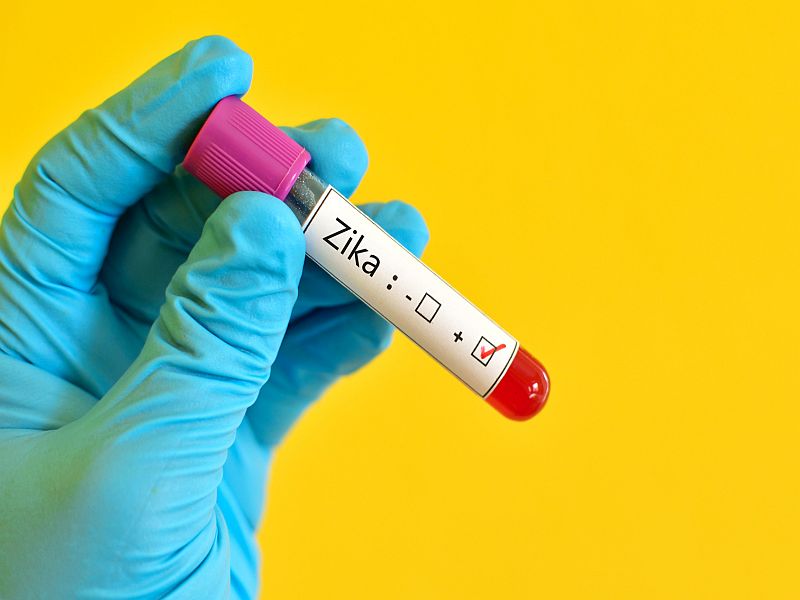
Friday, June 17, 2016

FRIDAY, June 17, 2016 (HealthDay News) -- Scientists say they've identified a potential way to prevent Zika and similar viruses from spreading in the body.
They pinpointed a gene pathway that is vital for Zika and related viruses to spread infection between cells. The researchers found that shutting down a single gene in this pathway prevents these viruses from leaving an infected cell.
"We wanted to find out if we could identify genes present in the host cells that are absolutely required by the virus for infection," said study senior author Dr. Michael Diamond, the Herbert S. Gasser Professor of Medicine at the Washington University School of Medicine in St. Louis.
The discovery suggests a potential target for new drugs to fight Zika and other flaviviruses such as dengue and West Nile, according to the researchers.
"Out of about 19,000 genes that we looked at, we only found nine key genes that the virus relies on for infection or to spread," Diamond said in a university news release.
"All of [the nine] are associated with an important part of the cell that processes viral particles, which is essential to spreading the infection," he said.
Of those nine genes, disabling one called SPCS1 reduced viral infection but appeared to have no harmful effects on human cells, he added.
"Flaviviruses appear to be uniquely dependent on this particular gene to release the viral particle," Diamond said.
"In these viruses, this gene sets off a domino effect that is required to assemble and release the viral particle," he said. "Without it, the chain reaction doesn't happen and the virus can't spread. So we are interested in this gene as a potential drug target because it disrupts the virus and does not disrupt the host."
The research was supported by the U.S. National Institutes of Health and the U.S. National Institute of Allergy and Infectious Diseases.
The study was published June 17 in the journal Nature.
SOURCE: Washington University School of Medicine, news release, June 17, 2016
HealthDay
Copyright (c) 2016 HealthDay. All rights reserved.
News stories are provided by HealthDay and do not reflect the views of MedlinePlus, the National Library of Medicine, the National Institutes of Health, the U.S. Department of Health and Human Services, or federal policy.
- More Health News on:
- Genes and Gene Therapy
- Zika Virus




























.png)












No hay comentarios:
Publicar un comentario